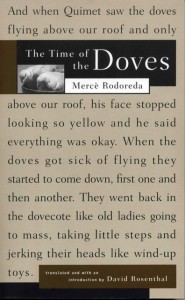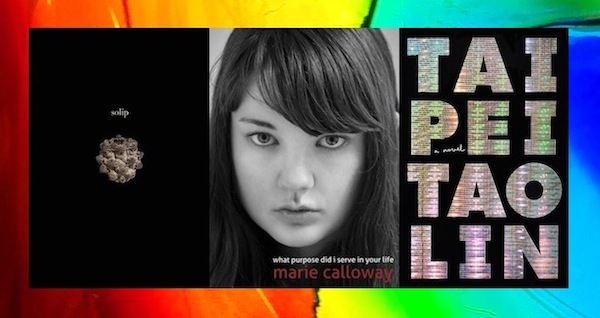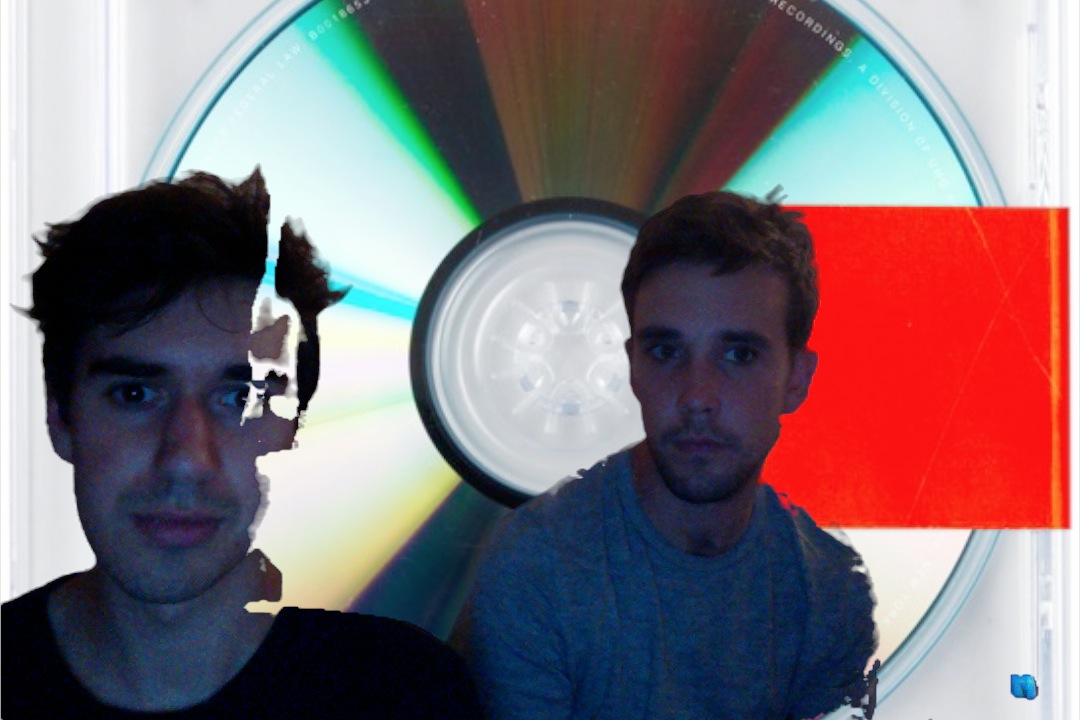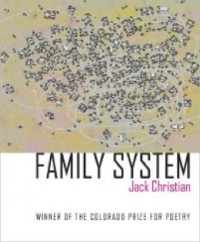 Family System
Family System
by Jack Christian
Center for Literary Publishing, 2012
57 pages / $16.95 buy from Amazon
1. On the inside of most of my books, I often write down the date and place I acquired the book or where I was when I started reading it or who gave it to me or what state of mind I was in at the time. Some kind of carving goes into the tree. Maybe it’s indulgent, this insisting on making my DNA / my curry stains present and part of. It makes me think of K holding the door open for me and saying, “I’m not sure nostalgia is as bad as we think it is.” This book, Jack Christian’s Family System, has two pieces of handwriting in it. It says, on the very first possible page, “Boston, MA, 2013. Given to you. You were drunk.” On the next page is Jack’s signature.
2. A text message received while I was at a goodbye party: “Everything becomes important so quickly. Being around my parents has made me feel so young again.”
3. While I was in the basement of the Cantab Lounge in Boston, I fluctuated myself to younger and in the middle of a few years ago. I was in Asia reading this line from Christian’s poem, “Northampton Ectastic,” for the first time somehow (?) on Gregory Lawless’ blog in an apartment that leaked karaoke at me from all directions late at night. “The chickens I’m to meet in weather unapproachable.” I read this line and crawled out the window with some some raisins shoved in my mouth. I handed my body dumb to the nearest Kimchi pot about to go underground.
4. “My agitated arms grow knotted.
The term to describe this is inextricable.”
-New Revised Standard
The third years in my MFA program recently finished their thesis defenses / presentations. A lot of them wrote about their families. Inevitably, not all of it was / is happy. At every defense, there was some innocuous chatter about whether or not family had attended, whether or not we would have asked our family to come if the thesis being presented was our thesis, if we (the first and second years) were going to invite our family to our defenses. What we would say and what we wouldn’t.
5. “We’re in a giant mom and and dad linked by a heart.
We’re going round in circles in the figure eight”
-Family System
We are galaxy on galaxy on galaxy. (“You think they resemble a galaxy spinning, / but to them you think it’s like being inside two plants / joined at the stalk.”-FS) The last minute of Men in Black is RIGHT. The disorientation of this intimacy of blood. Do we ever know if we are further away or getting closer?
Is it clear to us how we are RELATED to our families exactly? Or is it always changing? My friend, A, sees a picture of my mother and says I look just like her. I reply, “Really?” in a voice that people often mistake for my mother’s on the phone.
“This is the myth of retrospective cohesion.”
-Eight Monks in Unison.
6. “None were flyover people,
nor were they reincarnations, nor stories with beginnings, muddles
and James, who was strangely present, Emma or not,
accepted in that time and place. Vanessa.”
(Marie)
When I turned the book over to see who blurbed, I saw Tomaz Salamun and nodded. I’ve been reading On the Tracks of Wild Game (a wine, a whirlwind) on and off and again and again for maybe six months. I can’t really bear to bring it back to library. Brandon Shimoda wrote a stunning piece at the Volta about Salamun’s blazing use of names in his books. According to Shimoda, Salamun and Christian (according to me) are doing an interesting thing in that they are showing us the systems (the picture of the subdivision from way high up on the front of Family System) surrounding and filling out not just the person, but the “citizen” living a “free country life.”
7. I initially balked at these terms Shimoda chooses to use to talk about Salamun / a poet documenting LIFE. They make me see uniforms a little too tight. They make me feel a little lifeless (life less). However, they’re the right ones (terms from a different way high up / aerial perspective), not only because their part of our first-world reality here in America (and the forgetting we like to do re: what our country is and does to other countries), but because of the way that allows the naming of names to come alive, to rupture us towards richness in spite of the system, which both depletes those names and makes those names possibly networked. There are people here being things / being beings to each other. These are people going beyond the requirements, which breaks the system. It is breaking the system is continually having / failing to adapt to.
8. A Public is a vehicle by which we are transported.”
-A Cataract
9. Here’s Shimoda:
“One characteristic of Tomaž’s work I find fascinating is the constant naming of people—family members, friends, lovers, acquaintances, heroes, poets, artists, politicians, villains—that seems partly not able to be helped: a both conscious and unconscious uttering of names emerging from a true exuberance for being in relation to PEOPLE. Tomaž intones the names of those who populate his poems’ and books’ unfolding free country-life; his intoning, to my ears, anoints the people as both beloved and legend, and within it I begin to hear a nation, or maybe, the dissolution of all nations in the citizens of a free country-life. But they are more than either situational or ecstatic intonations (as if that alone was deficient); they are recollections of the EARTH and the startled, shimmering CLOCK FACES passing upon it…Tomaž makes people PHENOMENAL.”
10. Christian allows the the I of the book to give us a stream of people, mothers and friends and farmers and writers and cousins and peopleIhavenoideawhotheyare hovering in the planet Virginia, that glow PHENOMENAL on the elastic floors of the poems. Where Christian deviates from Salamun lies within the urgency of the tone deployed by the narrating voice. Salamun’s I, in On the Tracks of Wild Game, gives us a dizzy hula hooping afflicted with hives. The voice of Christian’s I exudes a tone that is steadier and absorbent, though perhaps no more or less reliable. “The city came by for the trash. / I found a science of imaginary solutions, which was a good thing” (Responsibility). It is not a voice indifferent to being caught in an orbit of people and place with a poetic tongue, but it accepts or replicates the rhythms and paces of the persistent oscillation orbits have as a way of engaging with observation that pulls the I closer, than backs it away. The steadiness allows the illogical to leak in, to rub, but not roughly. It becomes part of the system, how it perpetuates, but re-forms it into a system that can be unpredictable. READ MORE >
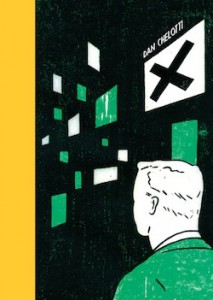 X
X
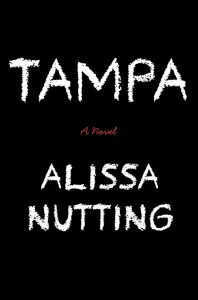 I learned about Alissa Nutting’s debut novel when I put together some half-baked thoughts on Amazon’s purchase of GoodReads. I came across the Book Page for
I learned about Alissa Nutting’s debut novel when I put together some half-baked thoughts on Amazon’s purchase of GoodReads. I came across the Book Page for 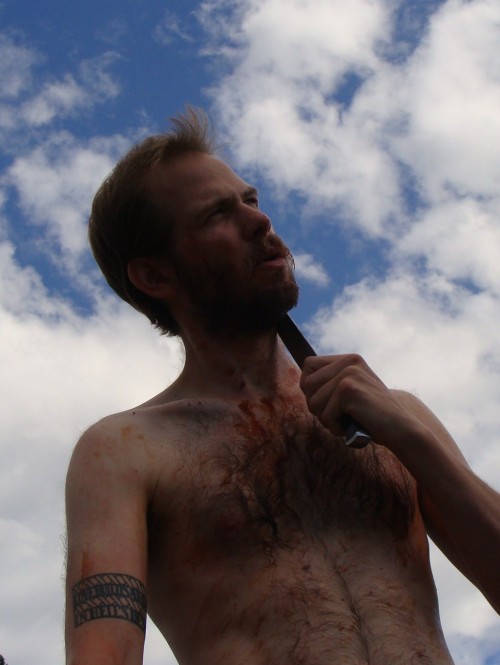
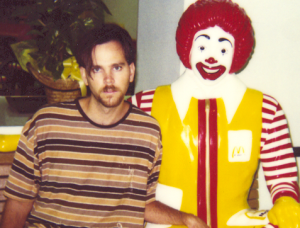
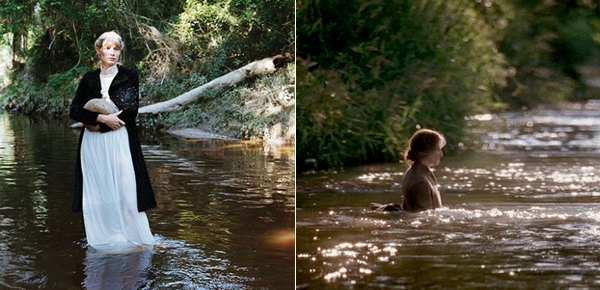
 Family System
Family System
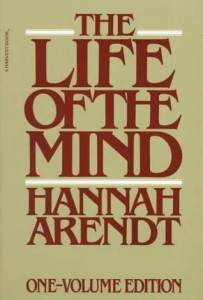
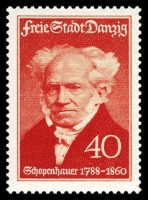 Arthur Schopenhauer’s The Emptiness of Existence: “This cannot possibly be true says The Heart and even the crude mind after giving the matter (not-being for thousands of years, then being alive for a few decades, then not-being for thousands of years again) some consideration.” Because I recognize that sense if spiritual befuddlement and want to know more about possible connections btwn Germam Romanticism and Buddhism (and which Buddhism?)
Arthur Schopenhauer’s The Emptiness of Existence: “This cannot possibly be true says The Heart and even the crude mind after giving the matter (not-being for thousands of years, then being alive for a few decades, then not-being for thousands of years again) some consideration.” Because I recognize that sense if spiritual befuddlement and want to know more about possible connections btwn Germam Romanticism and Buddhism (and which Buddhism?)